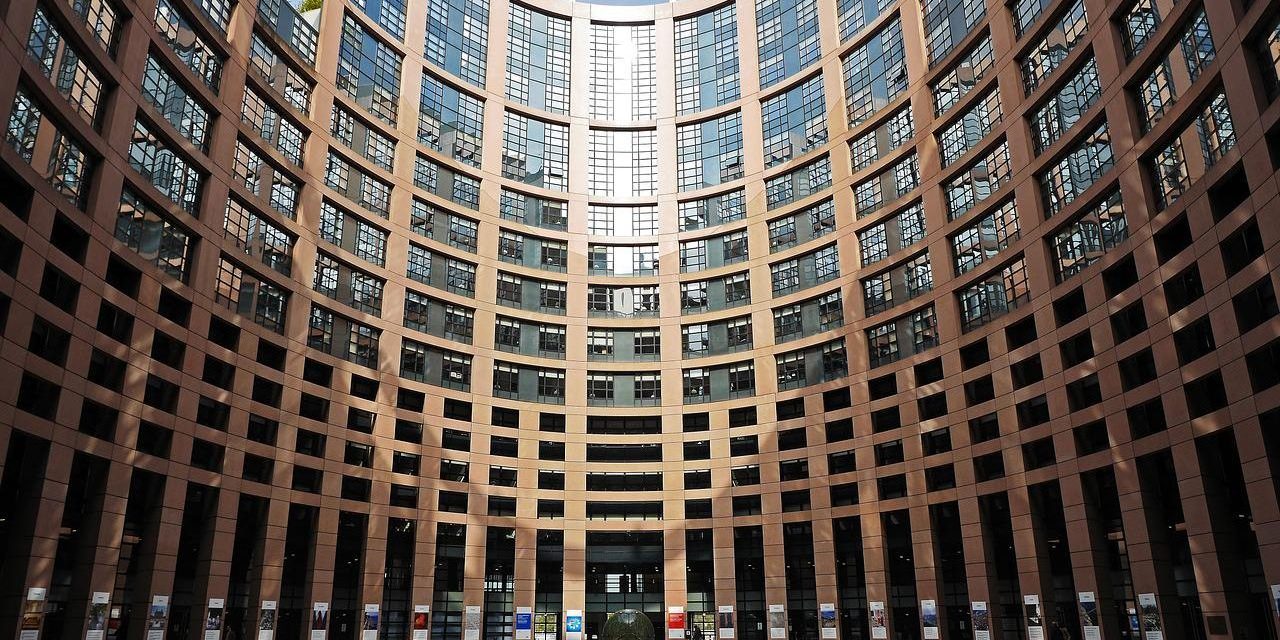
Positive steps forward in protecting platform workers
No guarantees as of yet, but positive signs for robust legislation.

This week, the European Parliament’s Employment Committee adopted its negotiating position to improve platform workers working conditions, largely supporting the Commission’s mandate following the rejection of the Czech presidency proposal at the latest COREPER meeting, following objections from eight member states. The changes to negotiation mandates is yet another twist in a lengthy process, which ultimately must deliver for workers who currently face exploitation.
The position is a major step on clarifying what is the professional relationship platform workers have with their employer, and an important move towards better protection of people in atypical working conditions. While the final text leaves some gaps, for example on non-mandatory criteria to determine worker’s employment status, the agreement is a step further on improving the original proposal, and a significant improvement on the proposal of the Czech presidency.
Central to the EMPL proposal is addressing the algorithmic management of platforms, taking more ambitious steps than the original proposal. The additions on algorithmic transparency and the prohibition of certain high-risk practices are well in-line with the principles of the upcoming European AI Act. Algorithms used in any workplace, platforms or otherwise, need to be subject to human oversight and adequate levels of understanding to ensure that they respect human rights.
“Automated decision-making systems cannot be black boxes; social partners will be able to negotiate how algorithms take decisions regarding working conditions." – Rapporteur Elisabetta Gualmini
These principles should pave way for more thorough understanding on the workplace risks that digital management systems may entail, and crucially should ensure that employers are obliged to assess the impact of decisions taken or supported by automated monitoring and decision-making systems on working conditions, health and safety and fundamental rights.
While the European Parliament has been making steady progress on the directive, the Council of the EU recently rejected its joint position on the directive. The rejection followed the weak position negotiated by the Czech presidency, which would have watered down the directive and denied a large portion of workers from various social protections they are entitled to. The Council’s negotiations will continue under the Swedish presidency in 2023, before the institutions can meet to finalise the legislative process.
While platform work is often associated with large transport or craftwork, its importance is growing for professionals and managers, especially in areas dominated by freelancers or workers with otherwise atypical status. Professionals and managers are increasingly providing their services through platforms, undertaking a range of roles in coding, engineering and other activities. As this 2018 Eurofound study underlines, professional services are among the most common platform work activities in all European countries included in their analysis. While the challenges for different sectors are different, it is clear that an ambitious EU directive is needed to properly ensure the protection of those, and all, workers.
